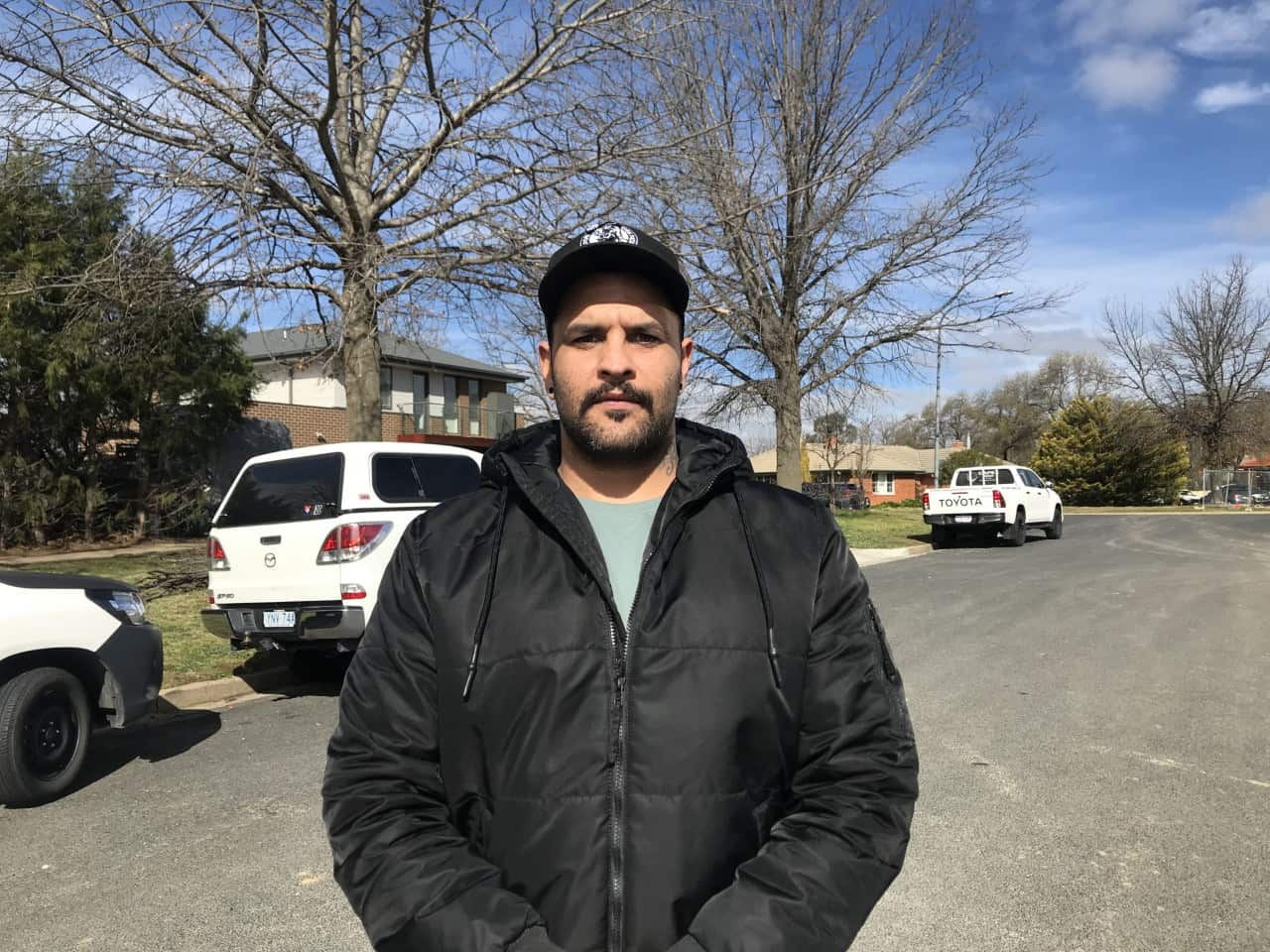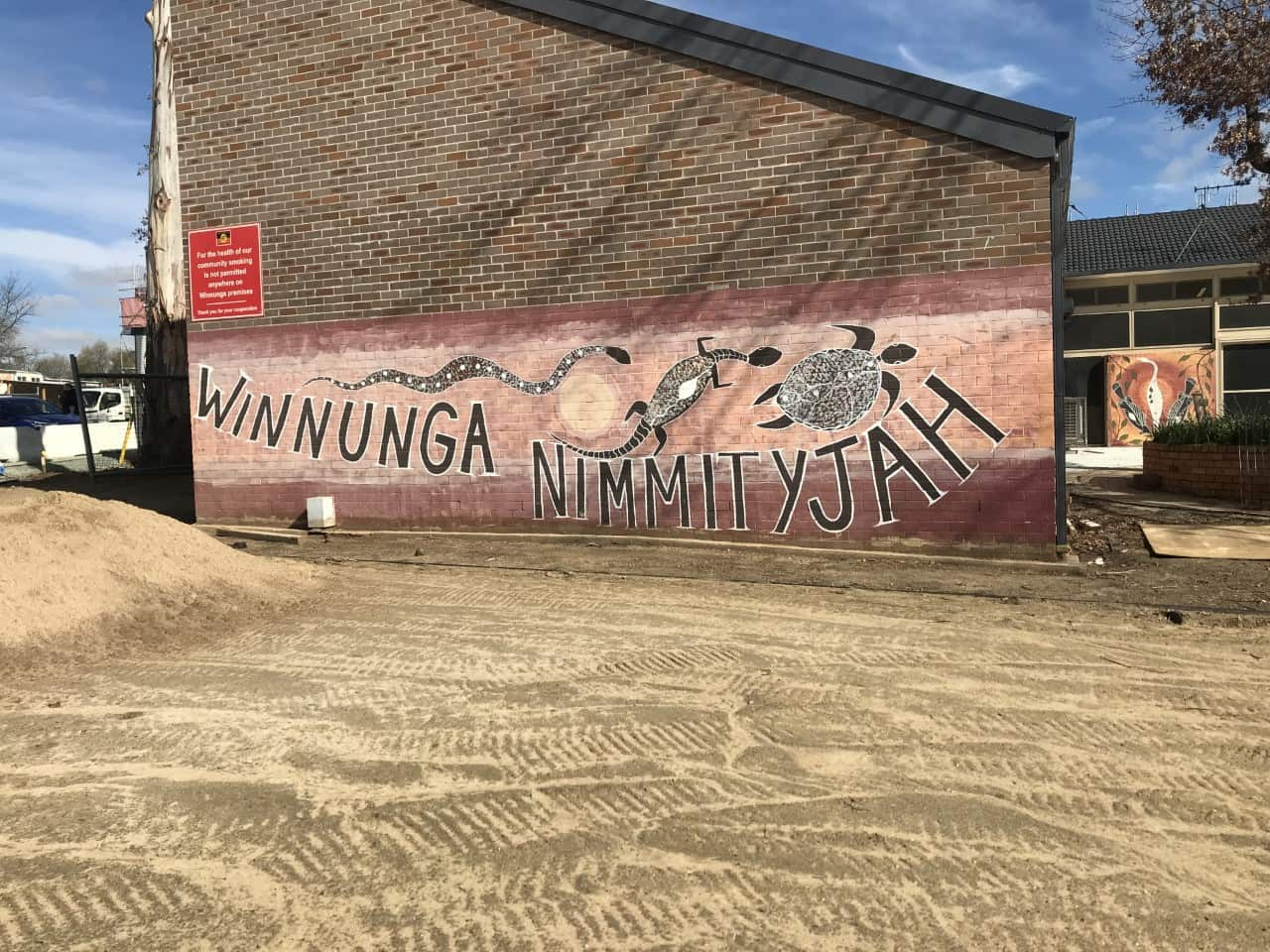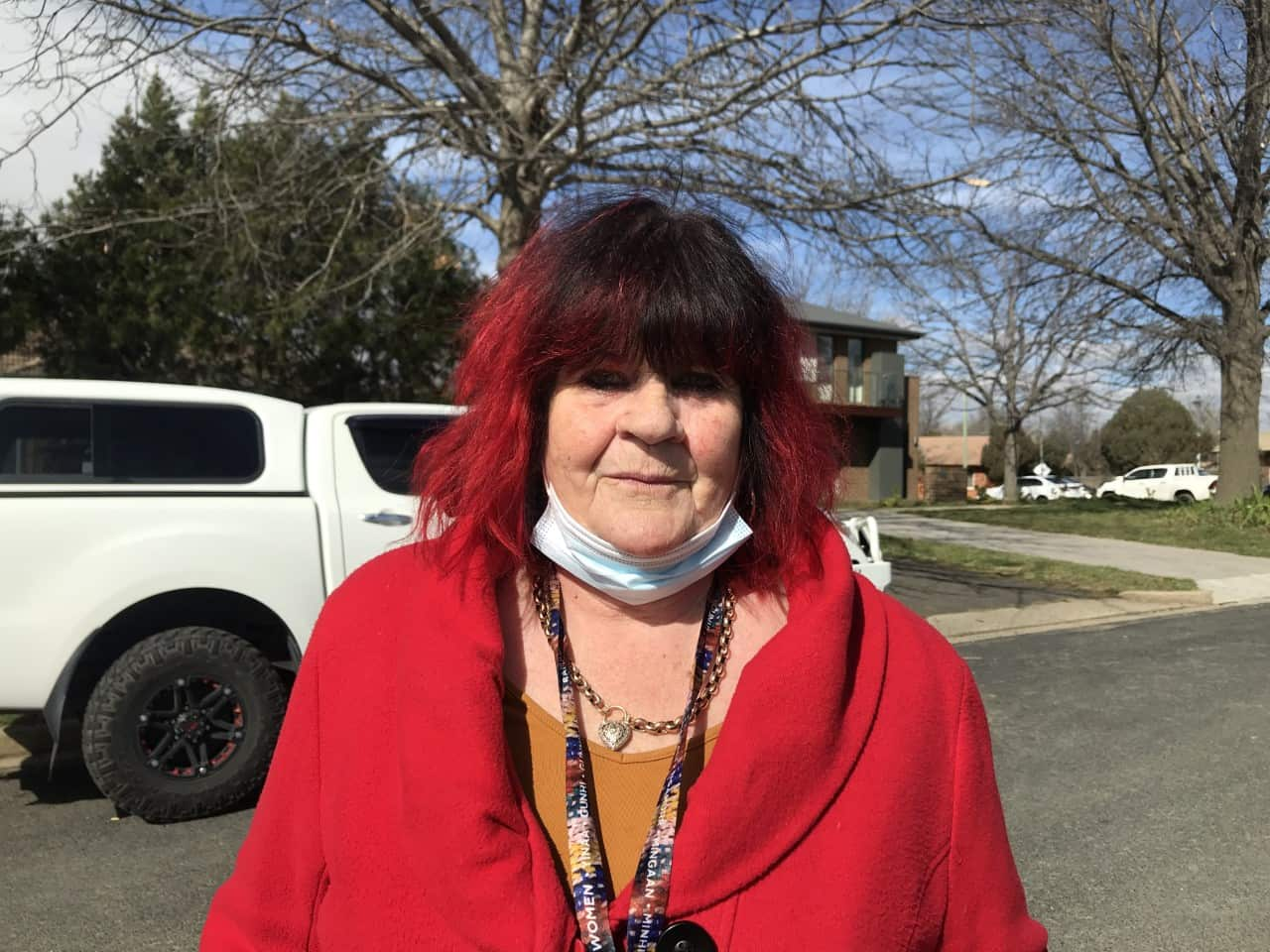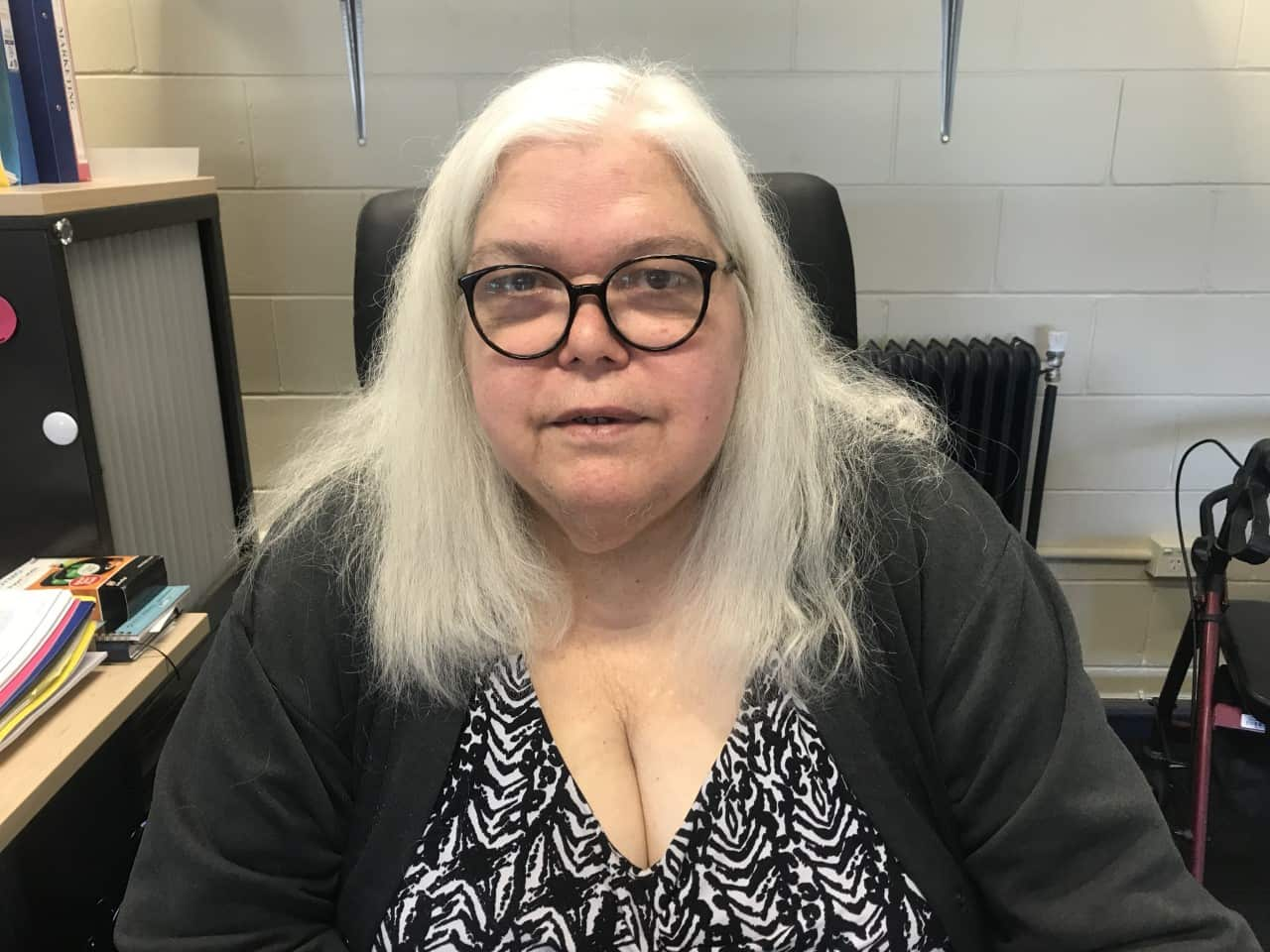Daen Lomas knows what it’s like to hit rock bottom.
The Gamilaraay man from Walgett in northern New South Wales turned to drugs and alcohol to mask the trauma of his past – a dangerous path he says almost led to his incarceration.
“I've been on the verge of going to jail, in and out of mental institutions, I self-medicated and used certain drugs and alcohol,” the 30-year-old told SBS News.
“I felt, as a child, when I stood up and said what I felt, I’d be shunted or frowned upon … I was in an angry space so there would be a lot of aggression.”

The ACT government announced on Sunday it would give $1.5 million in extra funding to its Yarrabi Bamirr (walk tall) program, which helps Indigenous families with a history of incarceration and intergenerational trauma connect with Aboriginal support networks that provide housing, medical, education and employment assistance.
The funding will be provided to local programs Winnunga Nimmityjah, Yeddung Murra and Tjillari Justice to support 10 families over the next three years.
Daen says he has turned his life around with the support of the Winnunga Nimmityjah Justice Reinvestment program, which helped him find a creative outlet in rapping to assist with his recovery.
“I now have the courage to be able to talk up, this is why I choose to write my rhymes and express my feelings,” he said.
“I’ve found my voice now and I'm never going to shut up.”
ACT Minister for Corrections and Justice Shane Rattenbury said the Yarrabi Bamirr program, which started three years ago, is aimed at addressing the over-representation of Indigenous Australians in the prison system.
“As our jail filled up we had to decide whether to build a bigger jail, which would cost around $200 million, or go down this path of justice reinvestment,” he said.
“I guess that was a pivot moment. We took the decision to not expand the jail and instead invest our money into Aboriginal-led programs.”
He said the level of Indigenous incarceration is “simply unacceptable”.
“Around 1.6 per cent of our population is Aboriginal and Torres Strait Islander and yet they make up about 22 per cent of our detainees in our jail,” he said.

For Daen, support services tied to these programs have helped him develop trust and respect with support workers and says he would go to them when he felt stressed.
“You go in, you yarn. These people know me and if they don’t know what’s going on, they’ll ask,” he said.
Daen received daily check-ins from support workers such as Kylee Shea, who said the work is aimed at helping address systemic challenges faced by Indigenous Australians.
“We go and support them with anything really, whether it be with meetings, with care and protection, housing, Centrelink, probation and parole,” she said.
“If they can’t find their voice we can help them, sometimes they find it hard to speak for themselves and we can speak up and make sure they’re getting fair treatment.”
Winnunga Nimmityjah chief executive Julie Tongs said Aboriginal community services in the ACT are scarce.
“A lot of our mob don’t want to go to mainstream services and if they do they need to go interstate, because there aren’t enough of them in ACT,” she said.
“The incarceration and recidivism of our mob is just unbelievable and we need to be able to do things differently and we need to do things better.”

Ms Tongs said issues often stem from the historical trauma of Indigenous people.
“For us, the impact that dispossession, dislocation, Stolen Generations, all of them past policies have had on our people have created what we have today,” she said.
“The government and the staff in mainstream departments need to take their advice from us because what they’ve been doing hasn’t worked and they need to start to listen and do it differently.”
Tjillari Justice chief executive Deborah Evans welcomed the extra funding but said more was needed to properly address the issue.
“We're quite pleased that finally, we've gotten to the point where the government recognises that to address the incarceration rate you have to deal with the whole family,” she said.
“It's a really good step in the right direction for the ACT government, but it really needs to double the funding, the need is huge.”

Ms Evans said those she has worked with just need better and more tailored support.
“Everybody that we've come into contact with through this program has been amazing and yet they haven’t known it, no one's told them, and that's quite sad,” she said.
“The expectations of Aboriginal people in the ACT are very low, incredibly low and that attitude has got to change.”
Readers seeking support can contact Lifeline crisis support on 13 11 14, visit lifeline.org.au or find an Aboriginal Medical Service here. Resources for young Aboriginal and Torres Strait Islanders can be found at Headspace: Yarn Safe.



